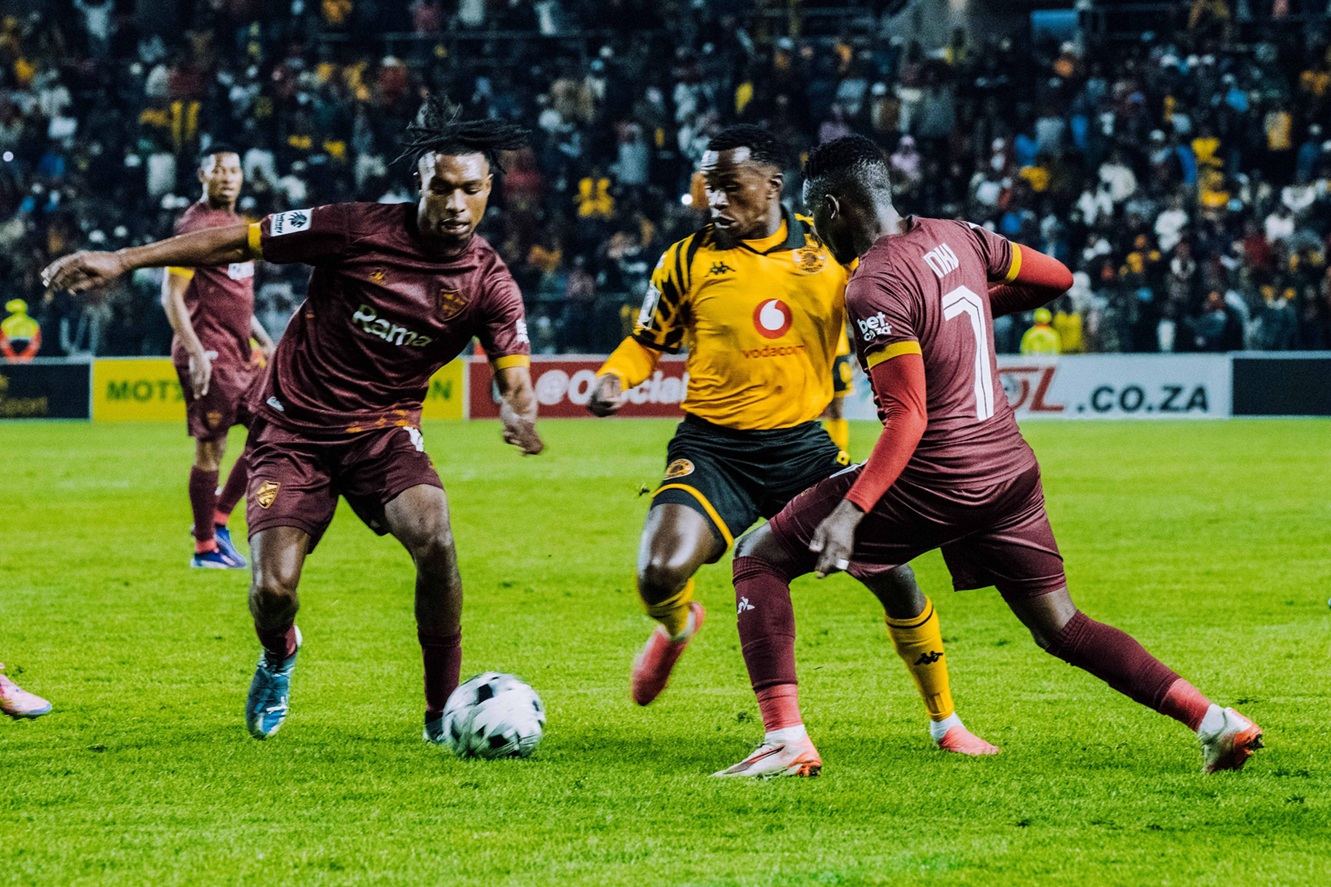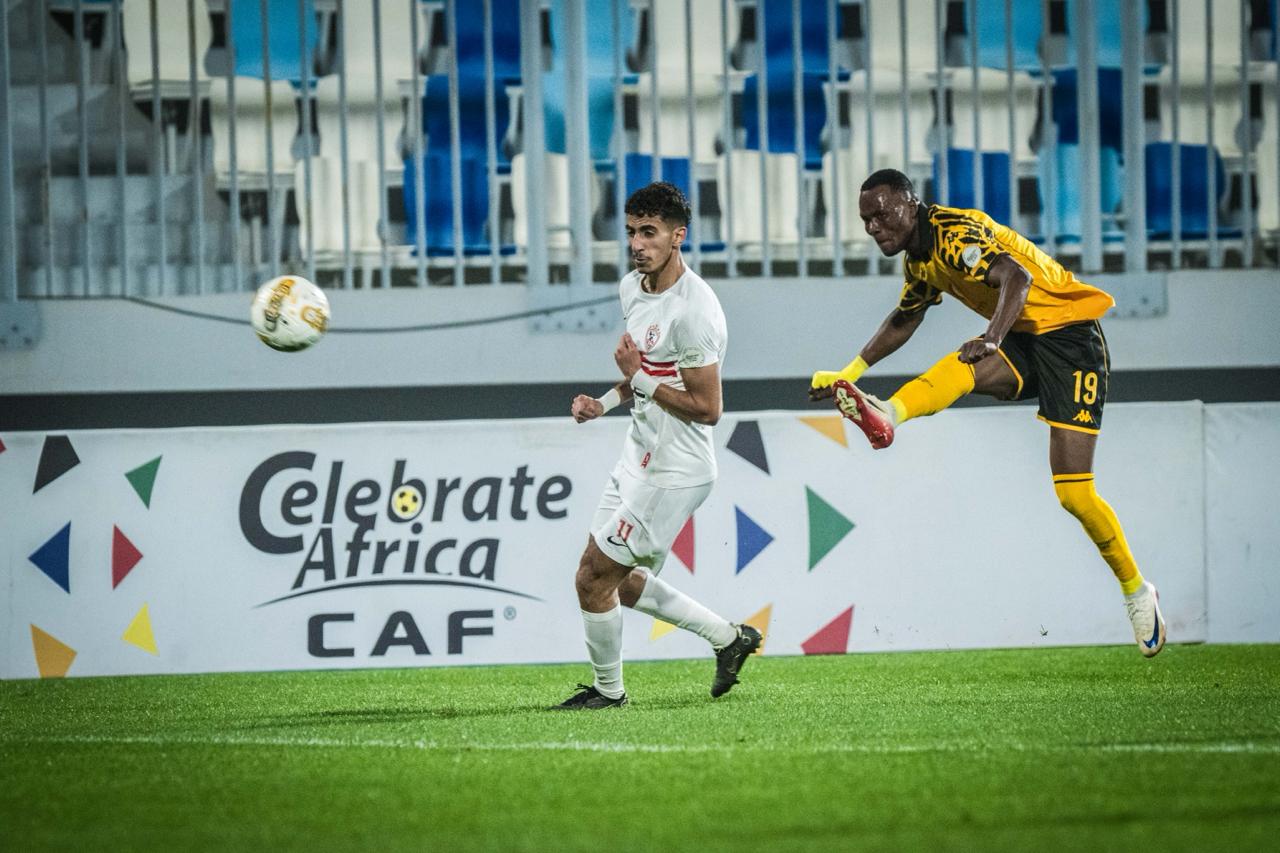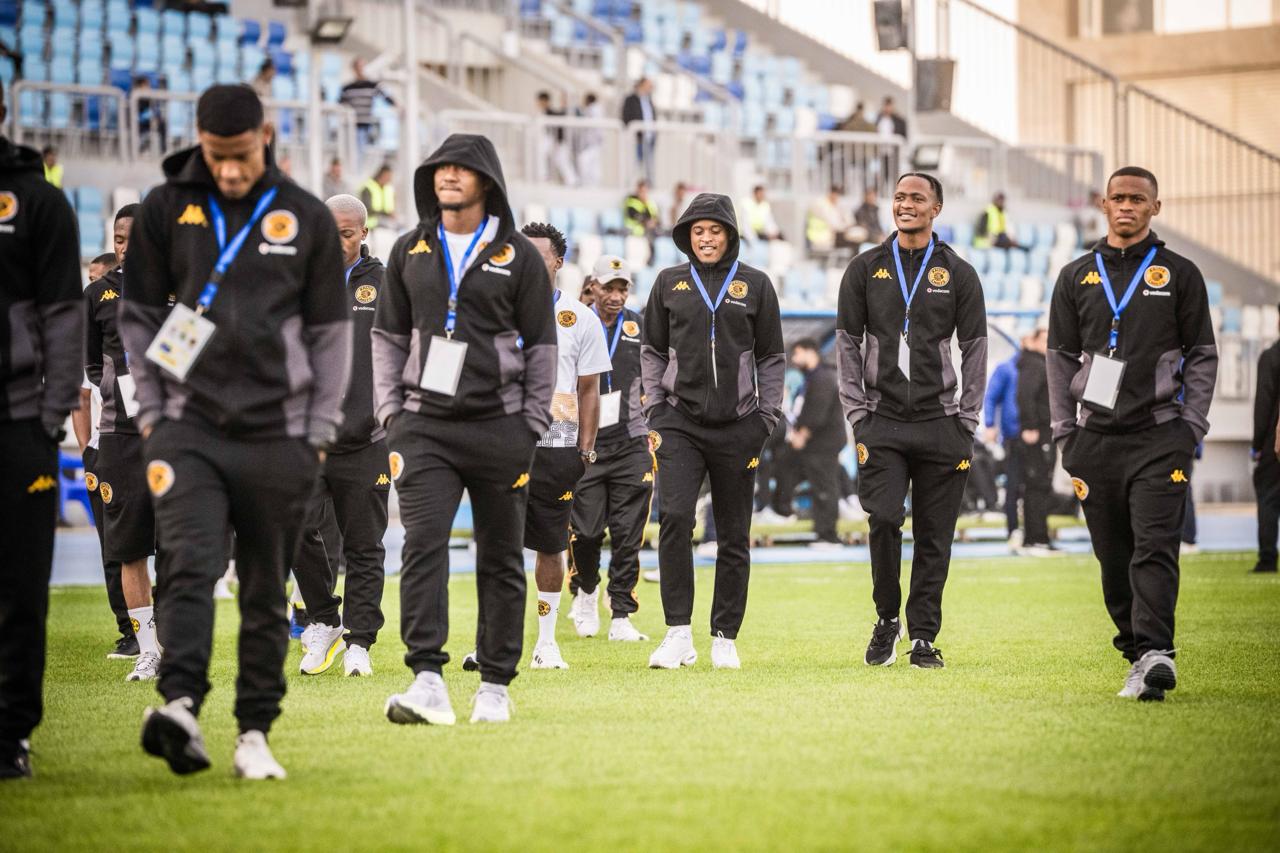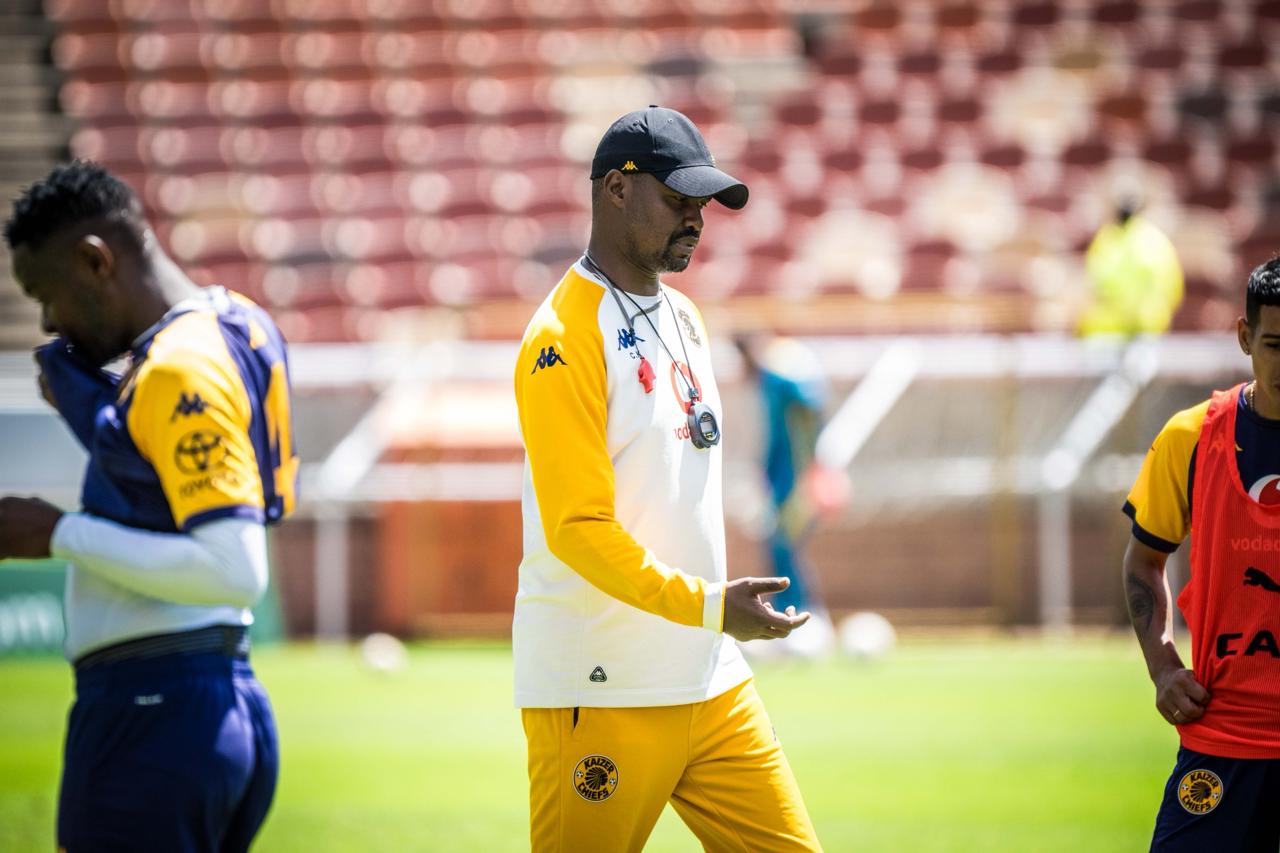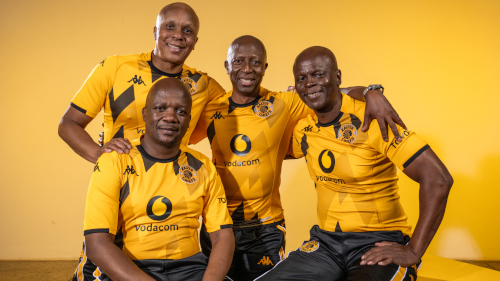Posted in Club News, News on Jun 07, 2017.

The former striker joined Amakhosi in 1980 as a youngster, playing for the reserve side. The following year, Maponyane joined the first team, making his official debut in a league clash against Leicester City at Eldorado Stadium on 12 April 1981. Chiefs won 2-1 and the 19-year-old scored on debut.
The Glamour Boys were brilliant between 1981 and 1984, winning two league titles and numerous cups.
“We won the Grand Slam in 1984,” says Maponyane, “we conquered the league and we were also victorious in the JPS Knockout, Champion of Champions and the Mainstay Cup.”
That’s the season when Joe Frickleton was Chiefs’ coach. It was also the year that Maponyane won the South African Sports Hero of the Year award. Other nominees included the boxer Brian Mitchell, golf star Gary Player and athletics runner Zola Budd.
Maponyane won the Footballer of the Year award in 1983 and 1987, which was another great year for Chiefs as they won four cup trophies. The striker was the scorer of the first hat-trick in a cup final that 1987 season, scoring all three against Rangers to win the BP Top 8.
Also of importance was right-back Ryder Mofokeng, who started the eighties as the club’s captain, before Maponyane was handed the armband by Ted Dumitru in 1986. The striker led the team for a few seasons, before Howard ‘The Rock’ Freese took over the armband in 1989.
The left-back joined Chiefs in late 1985, together with striker Absalom ‘Scara’ Thindwa and goalkeeper William ‘Cool Cat’ Shongwe.
Freese still vividly remembers the day (13 September 1985) he joined Chiefs, because that “was the day I got married”.
1985 was a difficult season. Frickleton got fired early in the season, after which Abednigo ‘Shaka’ Ngcobo took over. However, it was only with the arrival of Eddie Lewis that the ship got stabilised just before Dumitru took charge for the 1986 season.
“Ted gave the players confidence,” Freese points out. “He also came with an interesting training methodology. We gained momentum when we beat Bloemfontein Celtic in a pre-season friendly, as we normally struggled against them. Accordingly, we won the Iwisa Charity Cup, which was held for the first time that year.”
Interestingly enough, Freese’s daughter Della-Reese was born on the eve of the Charity Cup game. He wasn’t present at Della-Reese’s delivery. This decision was in particular informed by Eliakim ‘Pro’ Khumalo, who explained to the left-back that there was “an important game to play. Focus on that. Don’t go to your daughter’s birth. You can see her after the final.” Times change.
Jeff Butler took over the coaching reigns in 1988. “He was an excellent motivator,” reflects Maponyane on the coach. A year later, Amakhosi won nearly every trophy available. The English coach, however, was not easily pleased. At the End of the Season function he told the squad: “Don’t think you won the World Cup. You must come back next year and win all those trophies again.”
“It symbolised the Kaizer Chief way,” the former striker explains, “never to be satisfied. There is no limit to success. You can always win more.”
About Amakhosi’s best players during the eighties, Maponyane comments: “I played with so many great players, including Teenage Dladla, Ace Ntsoelengoe… You can’t ask for more.
“On the other hand, there were players like me and Ryder Mofokeng, who were maybe not the most talented, but were extremely dedicated. In addition, whilst Barcelona have Lionel Messi, they also have, for example, Mascherano… Our Mascherano in those days was Sylvester ‘City’ Kole, who was very committed and a tremendously hard worker.”
To read more about Kaizer Chiefs and the eighties (‘The Cup Kings rule the roost’), please go to the History section on the KC Website.


